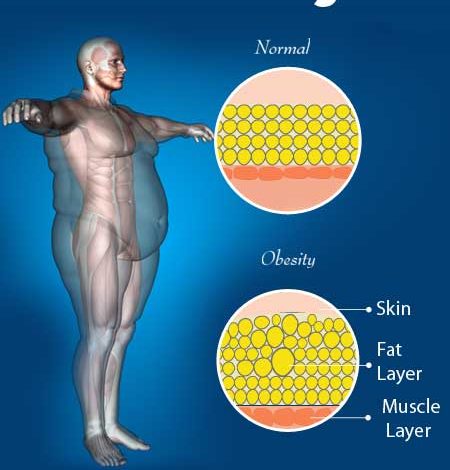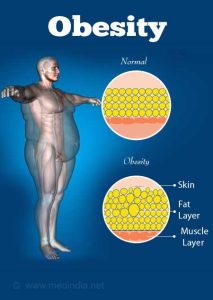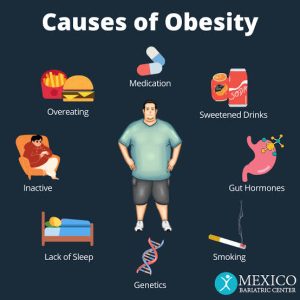
In his weekly health tips by Professor Dayo Faduyile, OON, a leading authority in public health and Special Adviser Health Ondo State has warned on the escalating obesity challenges.

He explained that obesity emerges as one of the most pervasive and pressing public health issues on a global scale. Characterized by excessive body fat, this disorder significantly amplifies the risk of severe health complications.

Professor Faduyile emphasized that obesity often results from a surplus intake of energy or food, and it is generally self-recognizable and self-treatable.

The diagnosis of obesity hinges on a Body Mass Index (BMI) of 30 and above, a metric calculated by dividing weight in kilograms by the square of height in meters. Professor Faduyile stressed that an excess accumulation of abdominal fat, with a waist circumference greater than 40″ in men and 35″ in women, further signifies the condition.

Citing causes ranging from sedentary lifestyles and lack of exercise to genetic factors, aging, and high-stress levels, Professor Faduyile outlines the complexity of obesity’s origins. He stresses that its complications extend beyond the aesthetic, with links to diabetes (Type 2), heart disease, high blood pressure, cancers, stroke, arthritis, high cholesterol, infertility, sleep disorders, and other metabolic diseases.

Highlighting various treatment options, including healthy diets, structured physical exercise, drug therapies, and weight-loss surgeries such as gastric bypass, Professor Faduyile advocates for a multifaceted approach.

Additionally, he emphasizes the critical role of prevention through lifestyle changes, including balanced heart-healthy diets, increased consumption of vegetables over starchy foods, avoidance of high-calorie and junk foods, regular exercise, and refraining from late-night eating.
In concluding his warning, Professor Faduyile categorizes obesity as a chronic medical condition that significantly diminishes overall quality of life.

He implores individuals to take preventive measures and adopt healthier lifestyles, reinforcing the message: “Obesity is a chronic medical condition—avoid it!





